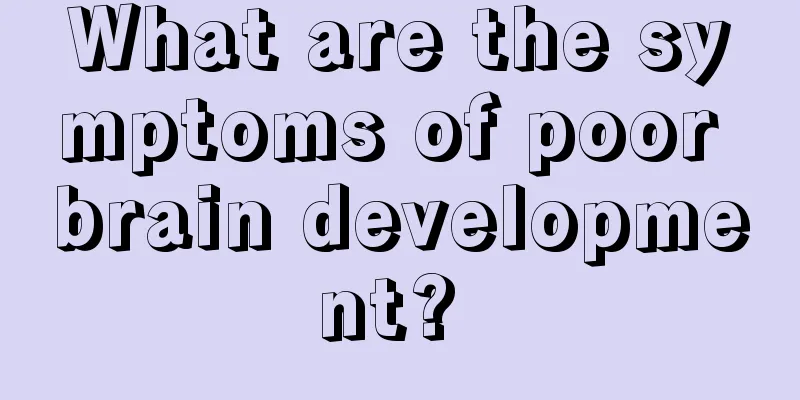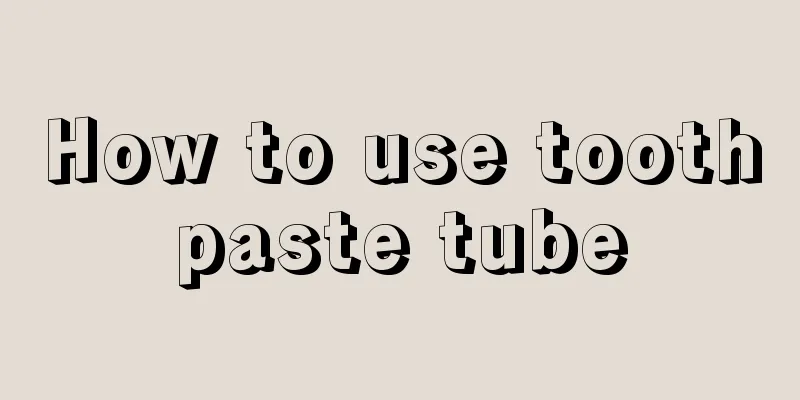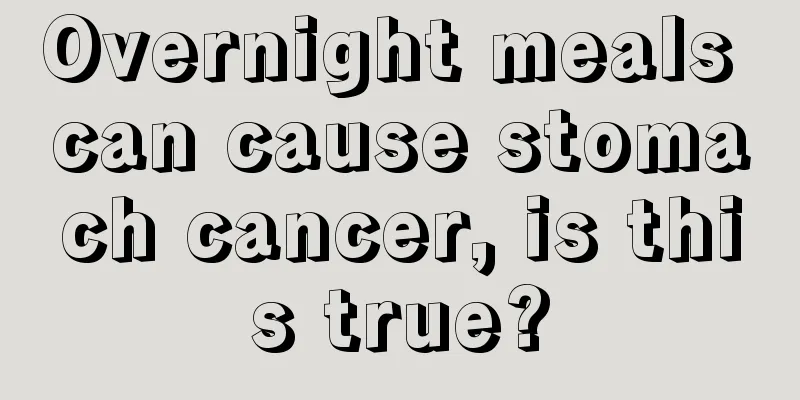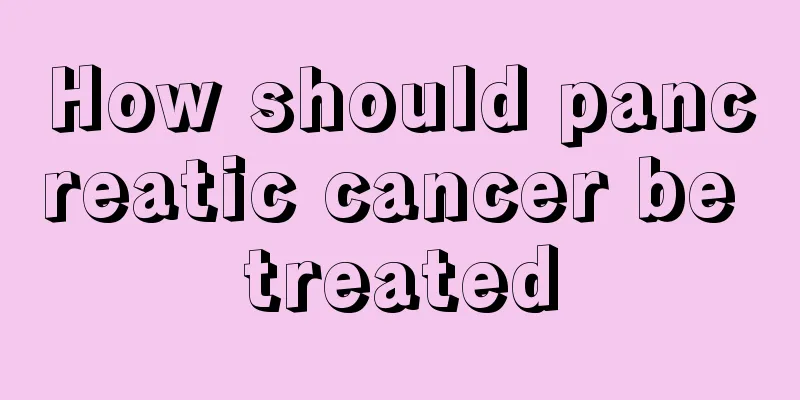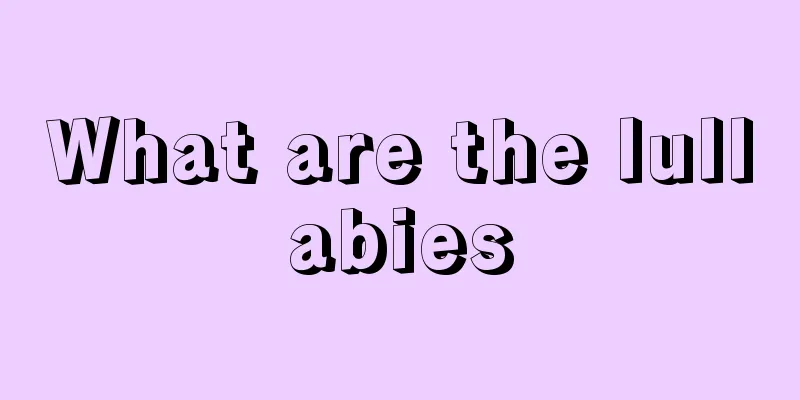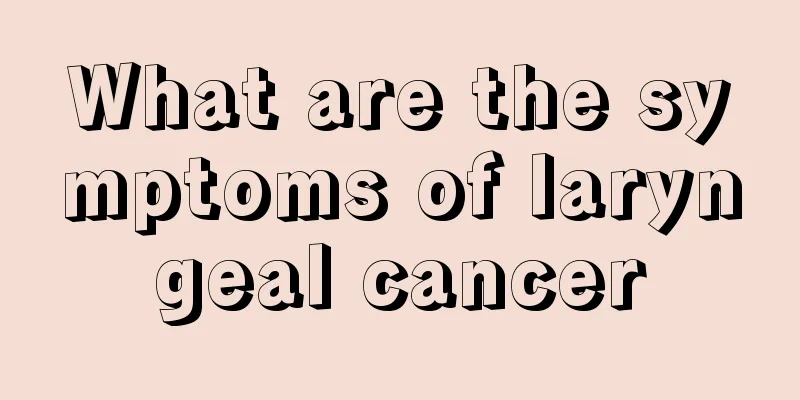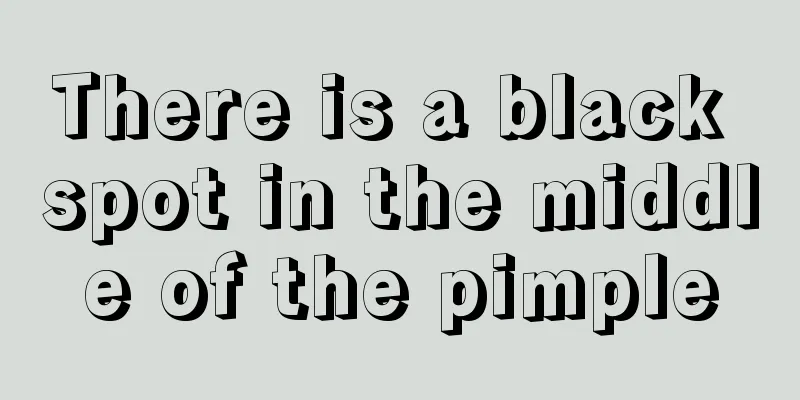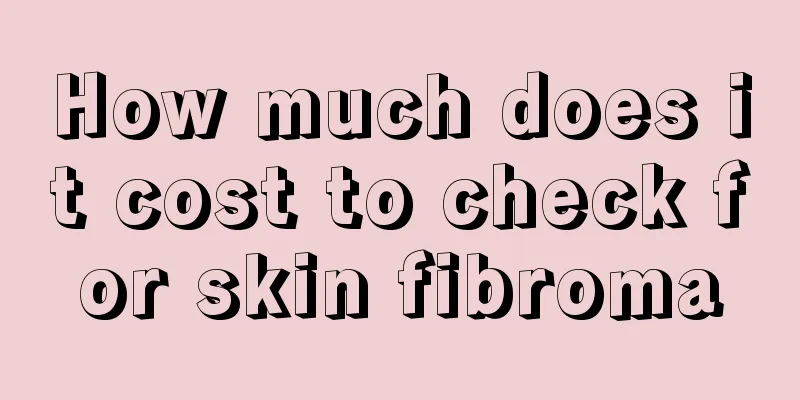Why does the tip of my nose hurt?
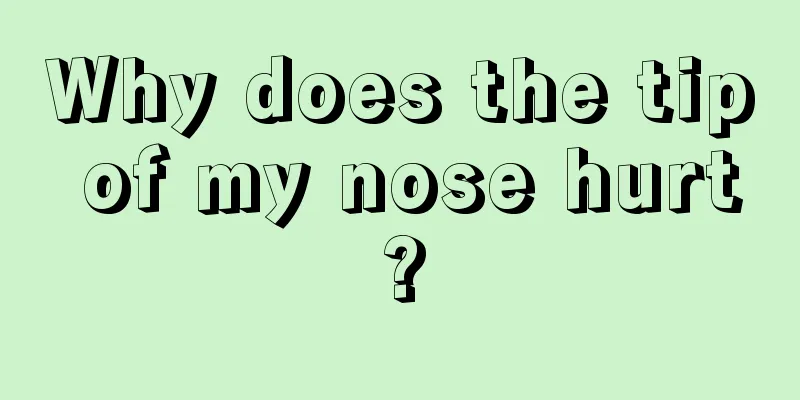
|
Many people suffer from rhinitis, which is especially serious when the weather is cold. Generally speaking, rhinitis does not cause pain, but why does it hurt inside the nose? If you feel pain, you must pay attention to the formation of nasal polyps or it may be caused by sinusitis. In short, as long as you feel pain, you should seek medical attention in time. Only after examination can the final diagnosis be made, which makes treatment easier. 1. Dry rhinitis The main symptoms are dryness in the nose, decreased nasal secretions, an itchy or foreign body sensation in the nose, frequent sneezing and burning sensations, which often induce patients to pick their noses and cause small amounts of nosebleeds. The sense of smell is generally not diminished. The mucosa of the anterior and inferior nasal septum is often eroded, and may have small thin scabs attached, which often bleed when removed. method: Increase indoor humidity. You can use a humidifier or grow some plants indoors. You can do nose massage every day. Use your thumb and index finger to pinch both sides of the root of the nose, and pull downwards with force, pulling from top to bottom. This method can promote blood circulation in the nasal mucosa, which is beneficial to the normal secretion of the nasal mucosa and keeps the nasal cavity moist. Pay attention to quitting smoking and drinking, eat more vegetables, eat less spicy, fried and irritating foods, and keep bowel movements smooth. 2. Caused by nasal polyps Nasal polyps are more common on both sides and less common on one side. A common symptom is persistent nasal congestion that worsens as the polyp grows in size. The nasal secretions increase, sometimes accompanied by sneezing. The secretions may be serous or mucous. If there is a concurrent sinus infection, the secretions may be purulent. Many people have olfactory impairment. People with severe nasal congestion speak with a nasal voice and snore during sleep. People with long polyp pedicles may feel something moving in their nasal cavity with breathing. Posterior nasal polyps can make it difficult to breathe through the nose. If the polyps block the opening of the Eustachian tube, it can cause tinnitus and hearing loss. Polyps block sinus drainage and can cause sinusitis, causing patients to experience pain and discomfort in the nasal dorsum, forehead, and cheeks. method: Strengthen physical exercise, improve body resistance, advocate washing face with cold water, cold water bath, sunbath; quit smoking and drinking, prevent toxic gases and pollution, dust and long-term stimulation to the nose and throat; avoid long-term use of vasoconstrictors, such as nose and eye cleaners, so as not to cause drug-induced rhinitis. Most nasal polyps are secondary symptoms or complications of various nasal diseases, so it is necessary to actively treat various primary nasal diseases; the air in the working and living environment should be kept fresh; do not develop the bad habit of picking your nose, and do not blow your nose forcefully if your nasal congestion is severe, so as to avoid sinusitis, otitis media, etc. 3. Sinusitis Symptoms: Nasal discharge is mostly purulent or mucopurulent, yellow or yellow-green, with variable amounts, and can flow back into the pharynx. If there is a foul odor on one side, it is often seen in odontogenic maxillary sinusitis or fungal infection. method: There are also other symptoms, such as nasal congestion: the severity varies, mostly caused by congestion and swelling of the nasal mucosa and increased secretions. Olfactory impairment: Nasal congestion and inflammation can lead to olfactory impairment. Headache: Chronic sinusitis generally does not cause obvious local pain or headache. If you have a headache, it is often a dull pain or a feeling of heaviness in the head that is worse during the day and less severe at night. The former group of sinusitis often presents with swelling or dull pain in the forehead and root of the nose, while the latter group of sinusitis often presents with headaches at the top of the head and the back of the head. When suffering from odontogenic maxillary sinusitis, it is often accompanied by pain in the upper teeth on the same side. Others: Due to the flow of purulent mucus into the pharynx and long-term mouth breathing, it is often accompanied by symptoms of chronic pharyngitis, such as excessive sputum, foreign body sensation or dry and sore throat. |
<<: What's wrong with the itchiness in the mouth
>>: Why does the right side of my waist hurt?
Recommend
What methods can cure hamartoma
Various diseases plague people nowadays, but peop...
What causes bone cancer
In recent years, bone cancer has become one of th...
How many days does it take for the follicle to mature
Ovular follicle refers to a normal secretion in t...
What can't you eat if you have ovarian tumor
Do not eat stale, spoiled or irritating food. Try...
Can people with kidney yin deficiency eat barley porridge
Can people with kidney yin deficiency eat barley ...
Is low heart rate serious?
Many people think that low heart rate is not a ve...
Does beef cause heaty food? Beef lovers must know this!
Beef is a kind of meat that people often use in t...
Which badminton racket is better
Badminton is also a sport. Our whole body can be ...
What are the causes of sneezing and runny nose
Sneezing and runny nose not only cause serious da...
Have you had eye bag surgery?
As people age, their eye bags will become more an...
What to do after gas poisoning
If poisoning occurs while using gas, it is actual...
Is Xinyang Maojian a green tea?
Xinyang Maojian is actually very common and popul...
What is the use of the cocktail party effect?
Nowadays, more and more people like to drink cock...
How can a protruding forehead be flattened?
A bulging forehead is a very common phenomenon in...
Could upper abdominal distension without pain be stomach cancer?
Could upper abdominal distension without pain be ...
